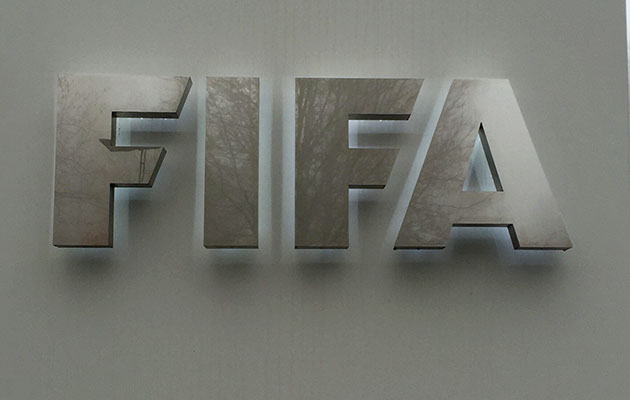FIFA took a giant step towards a happier future by approving a comprehensive reforms package which also revolutionised the game’s attitude towards women in the sport.
Moya Dodd, Australian co-opted member of an executive committee which will evolve into a strategic council, hailed the vote as a “historic moment” for women in the game in particular and for gender equality in general.
Approval by today’s extraordinary congress here, involving a change of statutes, needed a three-quarters majority of 159. In fact it was passed by 179 votes to 22 with six abstentions.
Reforming governance was arguably more important than the identity of the new president who was due to be elected later in the congress agenda.
The imperative for the world football federation to reorganise to meet modern corporate standards and shut down gaping loopholes for high-level corruption had been prompted by the scandals which threatened FIFA’s very existence and brought the arrests and indictments over the past year of 41 individuals and corporations.
Over the last weeks FIFA ‘ambassadors’ have engaged with leading officials, Swiss and European Union politicians, media and other stakeholders in a campaign to build an irresistible momentum for change – and appreciation of what was being undertaken.
Legal threats
Failure to approve the reforms package would have been suicidal.
Swiss and United States judicial authorities would have perceived it as a signal that FIFA was all about self-protection; inevitably it would have lost the ‘victim’ status which has kept it afloat amid all the allegations, accusations, indictments and inequalities.
This particular package was the product of the second reform attempt in five years.
The first was led by Basel governance guru Mark Pieth between 2011 and 2013. The latest proposals were initiated by audit and compliance chairman Domenico Scala and developed by a committee comprising two delegates from all six regional confederatins and chaired by Francois Carrard.
The Swiss lawyer, a former director-general of the International Olympic Committee, introduced the reforms to congress before the vote.
In simple terms they comprised:
Term limits: maximum term limits of three terms of four years for the FIFA president as well as all members of the FIFA Council, the audit and compliance committee and the judicial bodies;
Separation of political and management functions: A 36-strong FIFA Council [replacing the FIFA exco] would be responsible for strategic direction, while the general secretariat will oversee the operational and commercial activities;
Diversity: promotion of women to create a more diverse decision-making environment and culture;
Independent committee members: key financial decisions to be made by the finance, development and governance committees, which will have a minimum number of independent members;
Enhanced committee efficiency: reduction of standing committees from 26 to nine, with increased participation of the football stakeholders;
Integrity checks: compulsory and comprehensive integrity checks for all members of FIFA’s standing committees, conducted by an independent FIFA review committee;
Greater transparency and inclusion through broader stakeholder representation: creation of a stakeholders committee to include members representing key stakeholders in the game, such as players, clubs and leagues.
A further recommendation from the executive committee was approving the implementation of a new article to the statutes that commits FIFA to respecting and pomoting all internationally recognised human rights.
Only one intervention was heard from member associations before the vote. This emanated from Palestine whose delegation claimed that the reforms were being undertaken with too much haste and that the president and secretary-general should be afforded more power rather than less.
Acting president Issa Hayatou ‘noted’ the objection and went straight on to the vote.







